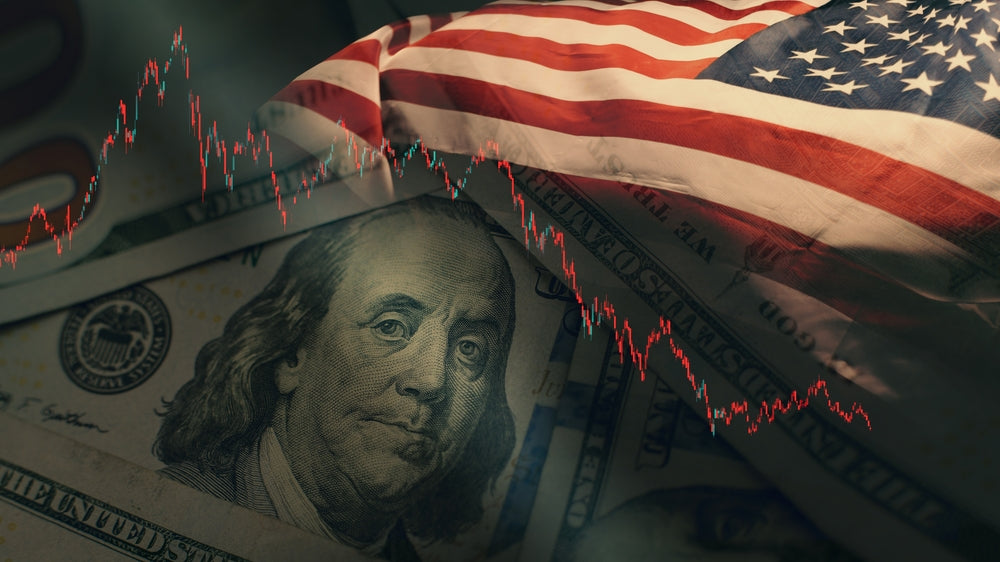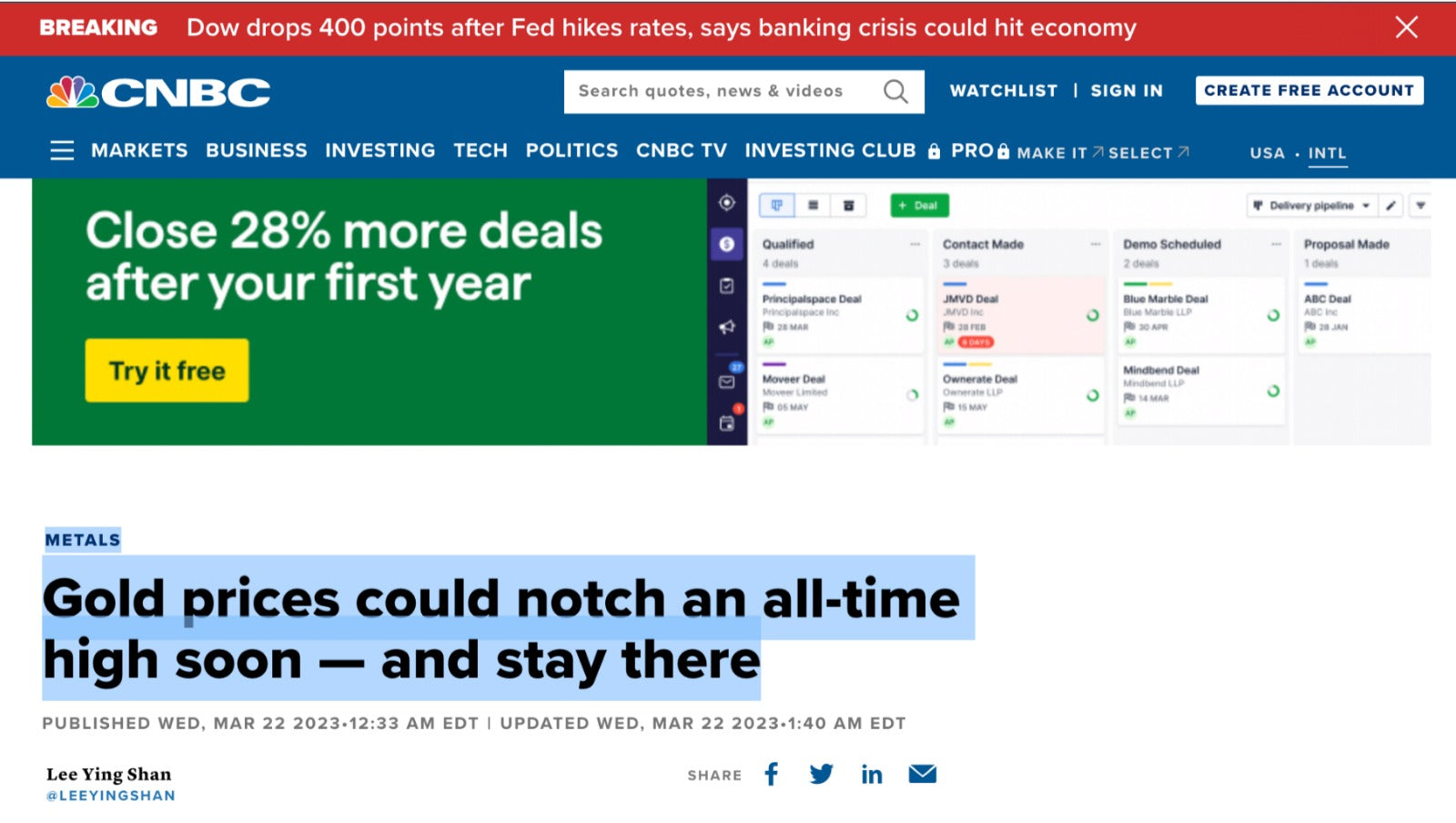In recent years, the world has witnessed a significant shift in the global economic landscape. With the rise of China, Russia, India, Saudi Arabia, Iran and Japan as major players in the global economy, there has been a gradual shift away from the traditional reliance on the US dollar as the world’s reserve currency. In this article, we will explore the reasons behind this shift and what it means for the future of the global economy.
The Role of the US Dollar in the Global Economy
The US dollar has been the world’s dominant currency for decades, and it plays a crucial role in the global economy. Most international trade is conducted in dollars, and many countries hold significant reserves of US dollars. This reliance on the dollar has allowed the United States to maintain its economic and political power on the global stage.
However, the global financial crisis of 2008 highlighted the vulnerability of the global economy to the fluctuations of the US economy. As the US struggled to recover from the crisis, many countries began to question the wisdom of relying so heavily on the US dollar. This led to a shift away from the dollar as the world’s reserve currency, with countries such as China, Russia, India, Saudi Arabia, Iran and Japan leading the way.
Reasons for Dumping the Dollar
There are several reasons why countries are shifting away from the dollar as the world’s reserve currency. One of the main reasons is the increasing political and economic instability of the United States. The US has been embroiled in a number of foreign conflicts in recent years, which has led to a huge increase in government debt. This has led many countries to question the long-term stability of the US economy.
Another reason for the shift away from the dollar is the increasing strength of other currencies, particularly the Chinese yuan. China has been working hard to establish the yuan as a major player in the global economy, and many countries are now starting to use the yuan for international trade. This has weakened the dominance of the US dollar and made it less attractive as a reserve currency.
In addition, there is a growing concern among many countries about the power that the US wields over the global financial system. The US has been accused of using its position as the world’s reserve currency to impose its will on other countries, particularly in the area of international sanctions. Many countries are now looking for ways to reduce their reliance on the dollar in order to avoid being subject to US influence.
What It Means for the Future of the Global Economy
The shift away from the US dollar as the world’s reserve currency is a significant development that could have far-reaching consequences for the global economy. It could lead to a more multipolar world, with several currencies sharing the role of the world’s reserve currency. This could make the global financial system more stable and less vulnerable to the fluctuations of any one economy.
However, the shift away from the dollar could also lead to increased competition between countries for economic and political power. This could lead to increased tensions between countries and could make it more difficult to resolve global conflicts.
Conclusion
The shift away from the US dollar as the world’s reserve currency is a complex issue that has many different factors at play. While the long-term implications of this shift are still unclear, it is clear that the global economic landscape is changing rapidly. Countries such as China, Russia, India, Saudi Arabia, Iran and Japan are leading the way in this shift, and it is likely that other countries will follow suit in the coming years.














